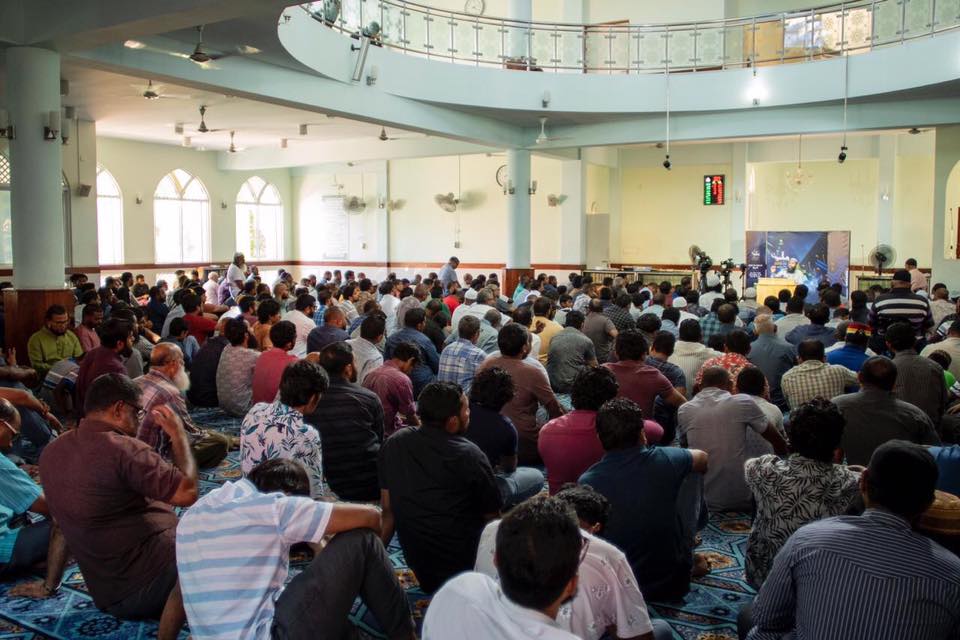NGO Salaf accused of encouraging terrorism
Salaf accused the government of pursuing a secularist agenda.

20 Nov 2019, 09:00
Religious conservative NGO Jamiyyathul Salaf encourages terrorism, a parliamentary committee concluded after studying a presidential commission’s report into the brutal murder of MP Afrasheem Ali in October 2012.
The moderate scholar was killed by a local extremist group affiliated with al-Qaeda that believed he was guilty of blasphemy as well as mocking Islam and declaring forbidden activities as permissible, the inquiry commission found.
The security services committee formed a three-member subcommittee on Tuesday to gather information in light of the presidential commission’s findings.
“It is the opinion of the committee that the report states that NGO Salaf encourages terrorism. I have learned that the subcommittee has recommended to the committee to take action against the association,” Speaker Mohamed Nasheed announced at the start of Wednesday’s sitting.
Become a member
Get full access to our archive and personalise your experience.
Already a member?
Discussion
No comments yet. Be the first to share your thoughts!
No comments yet. Be the first to join the conversation!
Join the Conversation
Sign in to share your thoughts under an alias and take part in the discussion. Independent journalism thrives on open, respectful debate — your voice matters.




